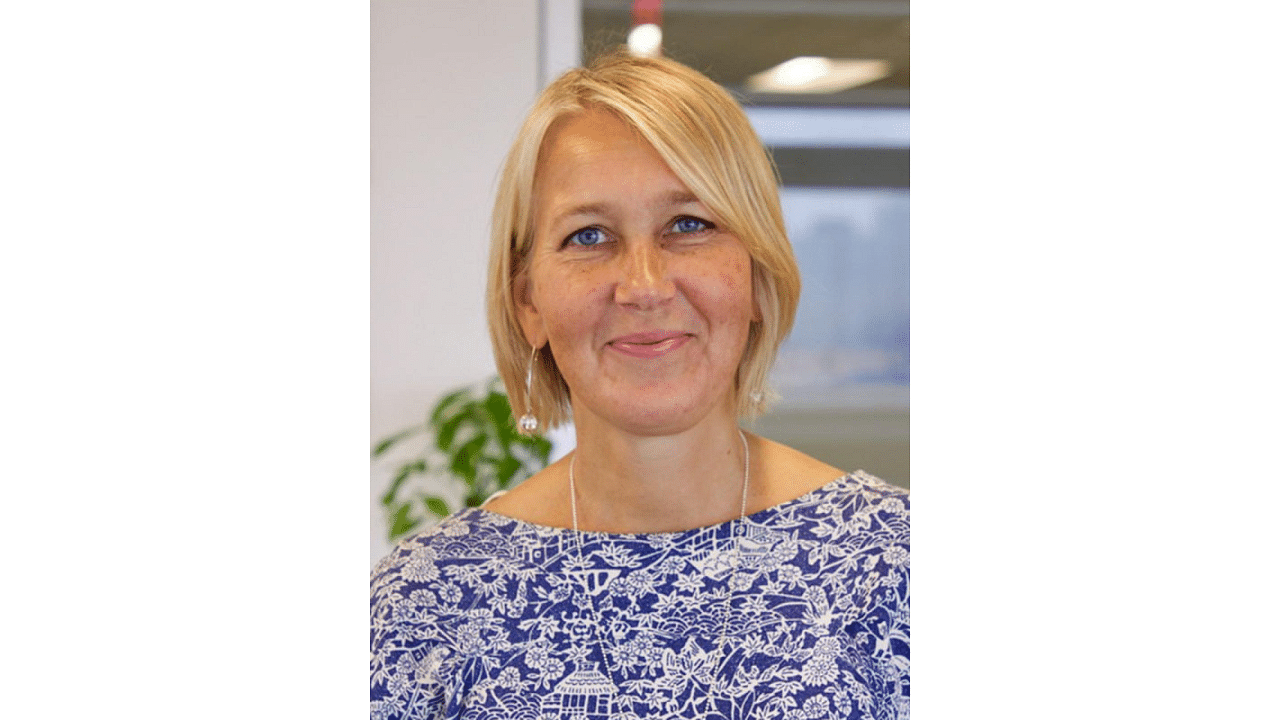
Ulrika Modeer
UN assistant secretary general Ulrika Modeer, who was in Bengaluru recently to attend the Digital Economy Working Group (DEWG) as part of the G20 summit, speaks to DH’s Shruthi H M Sastry on how nations can harness the power of Digital Public Infrastructure (DPI) to achieve Sustainable Development Goals (SDGs). At the meeting, two key publications - ‘Accelerating the SDGs through digital public infrastructure’ and ‘The DPI Approach: A Playbook,’ were released.
What is the significance of the Digital Economy Working Group and the two publications that were released?
We have just come out of the pandemic with really serious socio-economic consequences for so many countries in the world. Unfortunately we haven’t seen the progress we had hoped for. According to the Sustainable Development Goals Report 2023 by United Nations, an assessment of the around 140 targets for which trend data is available shows that 15% are on track; 48% though showing progress, are moderately or severely off track, and 37% have either seen no movement or regressed below the 2015 baseline. The Covid-19 pandemic, the cost-of-living crisis and the war in Ukraine have pushed 165 million people into poverty since 2020. Here in the G20 meeting under the Indian leadership, key countries came together to see how digital can actually be a key driver for the achievement of SDGs.
What will be the UN’s role in taking this forward?
The UN will continue to accompany the G20 even as India is now handing over the G20 presidency to Brazil. With our expertise and by pooling expertise from others, we will help countries arrive at best practices and a guiding framework which is important for the investments they make and the partnerships they build.
What are the recommendations that emerged out of this meet?
That the journey for investing in DPI should be planned and that it is important to make sure that SDGs are integrated into DPI. Countries should also focus on making it accessible to all and leave none behind.
What are some of the DPI initiatives of India that others can emulate?
The whole concept of the DPI framework has been developed by the Indian presidency. At these times when there is so much tension in the world, India was able to develop a framework that is accepted by many countries, with a people-centred approach. The acceptance of this framework is the key achievement. India is handing over a good legacy for upcoming meetings.
A key concern about DPI is citizen data privacy. How do you propose countries address this concern?
Data privacy is crucial to adoption of digital infrastructure. Otherwise, people will not trust the systems. We need to go that extra mile to ensure that there is trust in the systems. We need the right kind of legislation to ensure that DPI is people-centric and respects human rights.
Another issue to be addressed is gender disparity in digital infrastructure accessibility.
This is one of the key concerns. In countries all over the world there is a huge gender gap when it comes to digital infrastructure and we need to address this. We also need to address the issue of women’s safety and security as there are horrendous crimes committed online. Here is where data protection and integrity comes into play.
How do you assess India’s progress with regard to SDGs?
It is noteworthy that India has made a policy choice to prioritize the institutionalization of the SDGs – not to look at sustainable development as a standalone or parallel framework – but to make them an integral part of the national thinking about development, by creating institutional ownership for the SDG within all levels of the government, driving competition through collaborative competition, building capacities and adopting a whole-of-society approach by partnering with the private sector and the civil society organisations.
